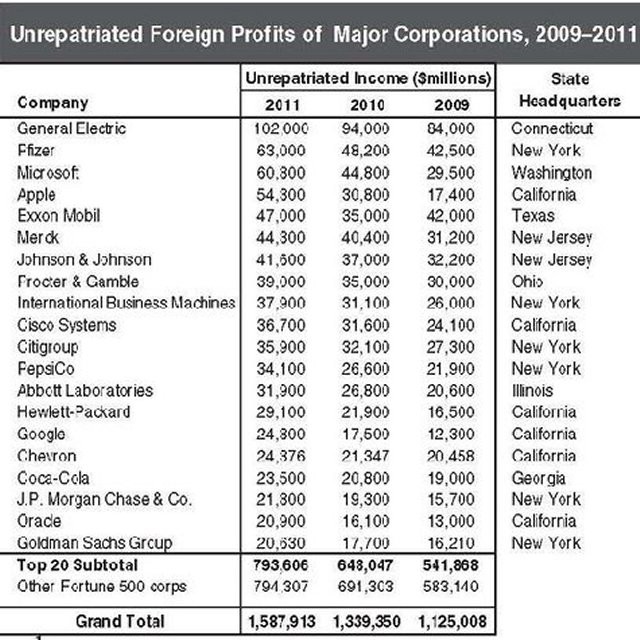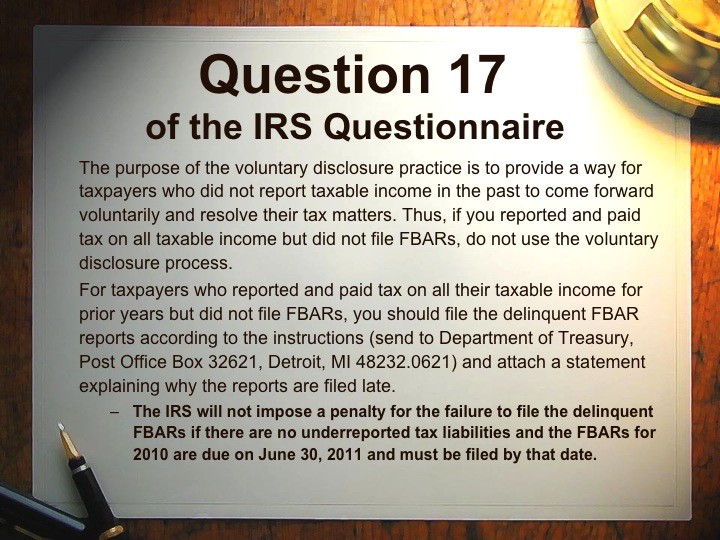Tax Law (Questions About Taxes) Costbasis preventing a debacle ) initial purchase price capital
Post on: 11 Июнь, 2015 No Comment

Advertisement
Question
QUESTION: Dear Mr. Stancil,
I have two questions. First, my parents bought me stock in a company back in the early 1980s and enrolled in a DRIP. The good news is the stock, including reinvested dividends, has done nicely. The bad news is that I have *no* idea what the cost basis is. I don’t know what the initial purchase price was (or even the purchase date to within 4 years) and I certainly didn’t think to keep records of dividends paid, commissions/fees to reinvest via the DRIP, etc. (as I may not have even reached my teens when I first got this gift). My parents don’t have these records, either.
Some of the shares are in certificate form. The company itself holds the shares acquired via the DRIP.
So, my first question is: how will I know what my capital gain is when I eventually sell these stocks? Is it on the 1099-B (or elsewhere)? If not, what do I do? I would certainly do my best but my chances of reconstructing these records with any degree of accuracy are not at all good and I can only imagine that it would be tremendously time consuming.
That said, I don’t want to get into that position (of not knowing my cost basis) again, and that leads me to my second question. My second question is about mutual funds. What I would like to do is this: Invest every week or so in a group of mutual funds (to take advantage of dollar-cost averaging) and have my mutual fund company electronically maintain records on each purchase *separately* (including date, price, etc.) instead of as an aggregate, which appears to be most companies’ default. By doing this, I could later select specific lots (e.g. the highest purchase price) to sell first, thus delaying the capital-gains taxes.
I know that various mutual fund companies might offer specific-lot tracking, but I worry that the purchase price won’t be equal to the adjusted basis. I can’t articulate the precise nature of my concern, but I have heard so much about stock splits and capital distributions etc. affecting the cost basis that I feel like, in addition to the purchase price, there might be another thousand things to consider that I’m not even aware of. I don’t want to find out 10 years (and a thousand or so purchase transactions) from now that I’ve created an accounting nightmare for myself.
Thank you very much for any and all insight!
Jackie
ANSWER: Jackie,
Thanks for your question.
First, you will have to come up with as good an estimate as possible of your cost basis, and be able to justify that basis to the IRS if requested. It is possible that the company would have at least some of the information on the shares purchased through the DRIP, but they would not know the original basis in the stock. That information will not be on the 1099-B.
As far as the mutual funds are concerned, if you want to use specific identification for your sales, you will most likely have to maintain those records yourself. You need to consider the cost of shares purchased through dividend reinvestment programs. Splits are not usually an issue for mutual fund shares, however. Frankly, unless you are dealing with a very large dollar amount, using average cost (which is usually provided by the company) it is not worth the extra effort to track specific lots.
Hope this helps.
John Stancil, CPA

QUESTION: Dear Mr. Stancil,
Thank you so much for such a thorough, knowledgeable and fast (!) response! If I may, I have two follow up questions.
First, if I were to track mutual fund purchases with specific identification, what are all the things that I would need to track to ensure that my adjusted basis includes all the appropriate adjustments (I know — that’s a very broad question — my apologies!), how would I receive notice of the need to make any given adjustment and would those adjustments likely be quarterly/yearly/other?
Second, if I have the mutual fund company track my basis via an average-cost method, does that mean that I would be correct to use their cost number as my cost basis without any further calculations?
Again, many, many thanks,
Jackie
Answer
Every time you make a purchase, either direct or through dividend reinvestment, the cost of that lot must be tracked. If you should receive a stock dividend or have a stock split, you divide your cost basis among the shares in that lot with the new shares received.
Yes, you can use the company calculations for average basis














